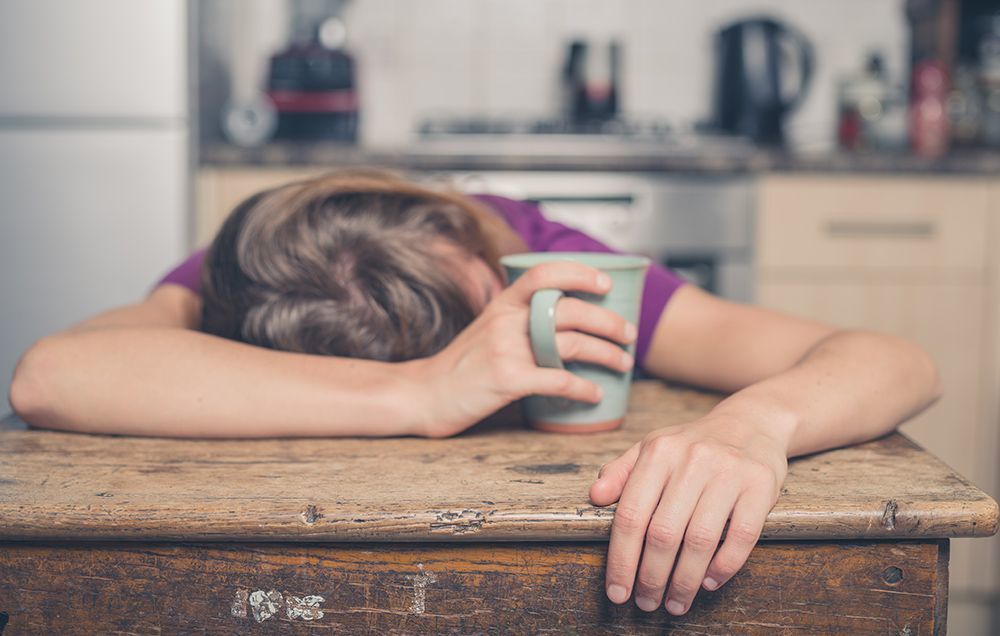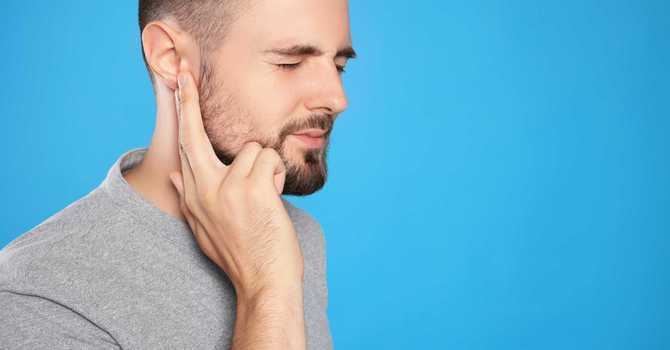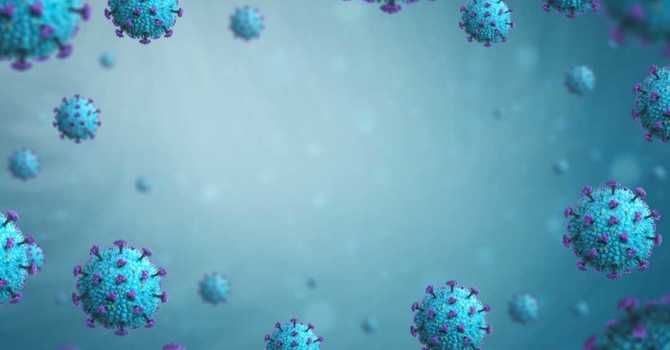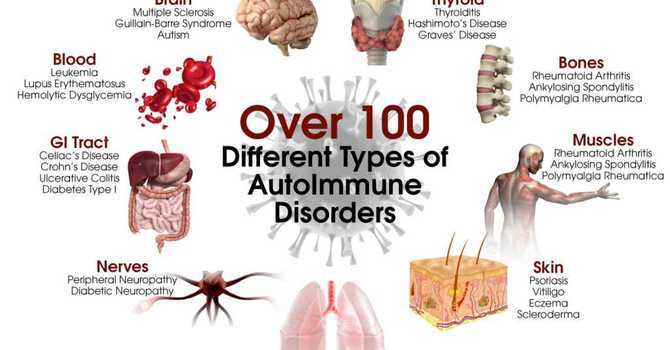
"I'm so freaking tired."
How many times have you said that in your life? Between career responsibilities and pursuing advanced education or training while trying to support family and friends and pets, it is not unreasonable that we experience fatigue during one period in our lives. If you think about it, our culture tells us to do MORE in order to be MORE. And so, we get on the treadmill to the ever present pursuit of more, thinking that we will get to the MORE at some point.
But how to fit in all of the things we think we need to do? We eat fast food (no time for home cooked here, hon) and drink energy drinks, we work until late at night and lose valuable sleep time, we skip regular physical exercise and we sit and scroll through social media for hours a day. People can push themselves beyond what is reasonable and then develop chronic fatigue, heart disease and other life limiting chronic conditions because of these lifestyle choices.
We don't allow our bodies to rest enough in our society. Sometimes we forget that sleep is a magical thing for us. Restful sleep helps our bodies repair blood vessels, form new brain pathways, prevent chronic diseases like diabetes and heart disease and decreases hormonal imbalance. Without this restful period, we may be unsafe at work or driving a car, have difficulty in personal relationships and be at risk for obesity and lack of proper growth and development.
You may say, "Well that's all fine and true, and I don't want to develop chronic disease, but I HAVE to get extra work done at night and I HAVE to get up early to get the kids to school and I HAVE to write a paper for my college class. How am I supposed to get all of that completed?"
First of all, kudos to you for juggling everything and at the same time, know that this is not sustainable.
Our bodies give us signs that we are overextending ourselves and we are very good at ignoring them. I have seen so many patients in the hospital who tell me that they ended up there because they "didn't listen to my body." These patients had heart attacks, digestive attacks and even panic attacks. They knew something was going on, but kept pushing through because they had "things to do." One patient told me she did not want to come to the hospital for an acute event because she needed to get her car washed first.
What the what?
So what can you do to help yourself?
To start, you must listen to your body. If you are feeling tired, you must find a way to rest. Delegate chores to other family members. Ask a friend or neighbor to watch the kids so you can take a quick nap. Say no to a request of your time.
Eat non processed whole foods. Yes, you are working hard and you need to give your body the right food to get you through challenging times. This means eating the fruits and vegetables and complex carbohydrates. This means drinking the water.
Finally, do some physical exercise. I am not asking for marathon training here. I am asking for a walk around your neighborhood if you can. Or an indoor location. While your kids are at practice, take a lap around the playing fields. Walk up and down the stadium stairs. A little bit gets the blood moving and this gets your heart rate up and your muscles moving and prevents lactic acid build up. One of my favorite ways to move is through QiGong. These are simple exercises that are meditative and invigorating at the same time. There are lots of YouTube videos about QiGong, or you can make an appointment with me and I'll show you my favorites.
All of these suggestions require you to make choices. Just as you made a choice to take a stressful job or get another degree.
When I worked at the R Adams Cowley Shock Trauma Center as a new nurse, I volunteered on the weekends for a Scared Straight program. This program was for kids and young adults who had been in trouble for alcohol and drug abuse. We would bring them through the hospital and show them what would happen to them if they were brought there after being in a drunk driving accident. We showed them the admitting area. We showed them the needles we would use to start an IV. We would show them the scissors we would use to cut their clothes off them. We showed the boys the catheters that would drain the urine from their bladders. We walked them through the hospital past patients who make mistakes and ended up unconscious and on ventilators with multiple tubes and drains and crying family members. This grim situation scared them. And helped some of them to get and stay clean.
Sometimes I feel like this is what we need to do for people who think they can do all of the things (poor diets, smoking, excessive caffeine) and live to tell about it. Parade them past
Western medicine attributes fatigue to multiple factors such as anemia (low blood counts), diabetes mellitus, thyroid problems, cardiac problems, sleep apnea, menopause and emotional issues like depression. Lifestyle can also play a role in fatigue. All nighters, drug and alcohol abuse, lack of exercise and even poor dietary choices are taxing on your body's health. Eastern providers agree that fatigue is a symptom of something bigger.
Our culture tells us that we need to always be doing "something" or else we are "nothing."
The overexertion and overextension is not good for us.
Dr. Cynthia Kerr Salmond
Contact Me

